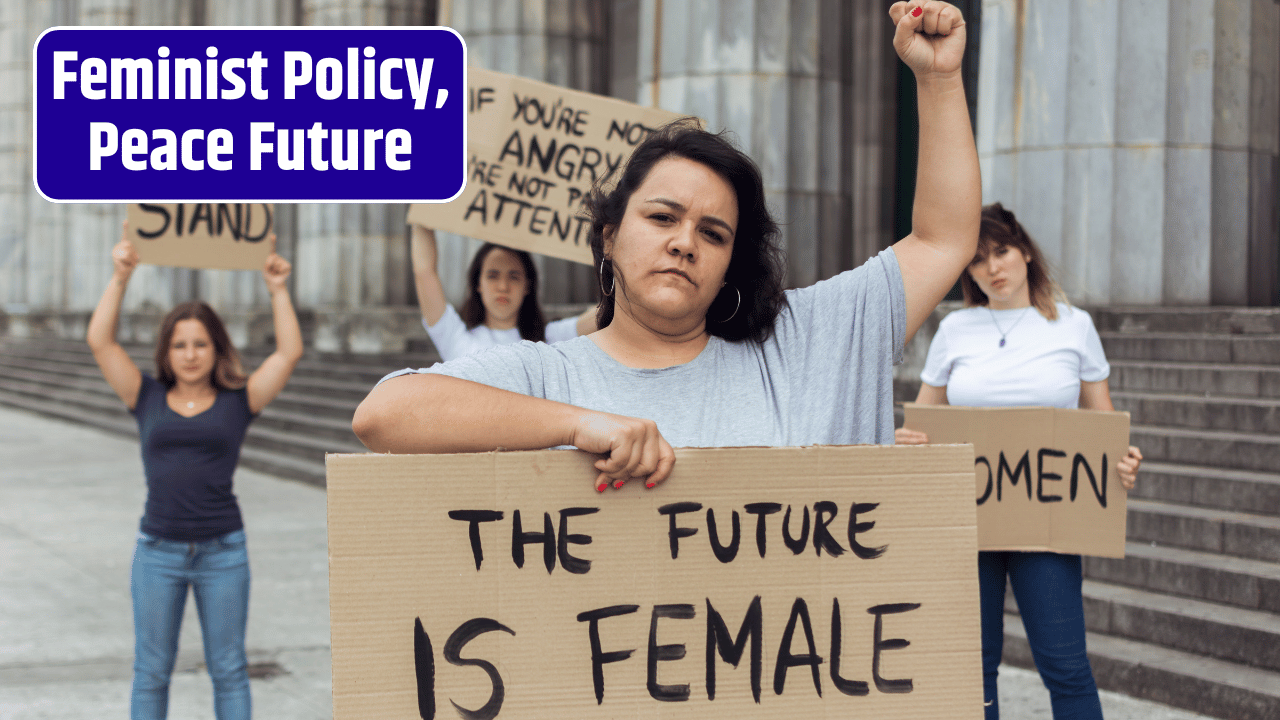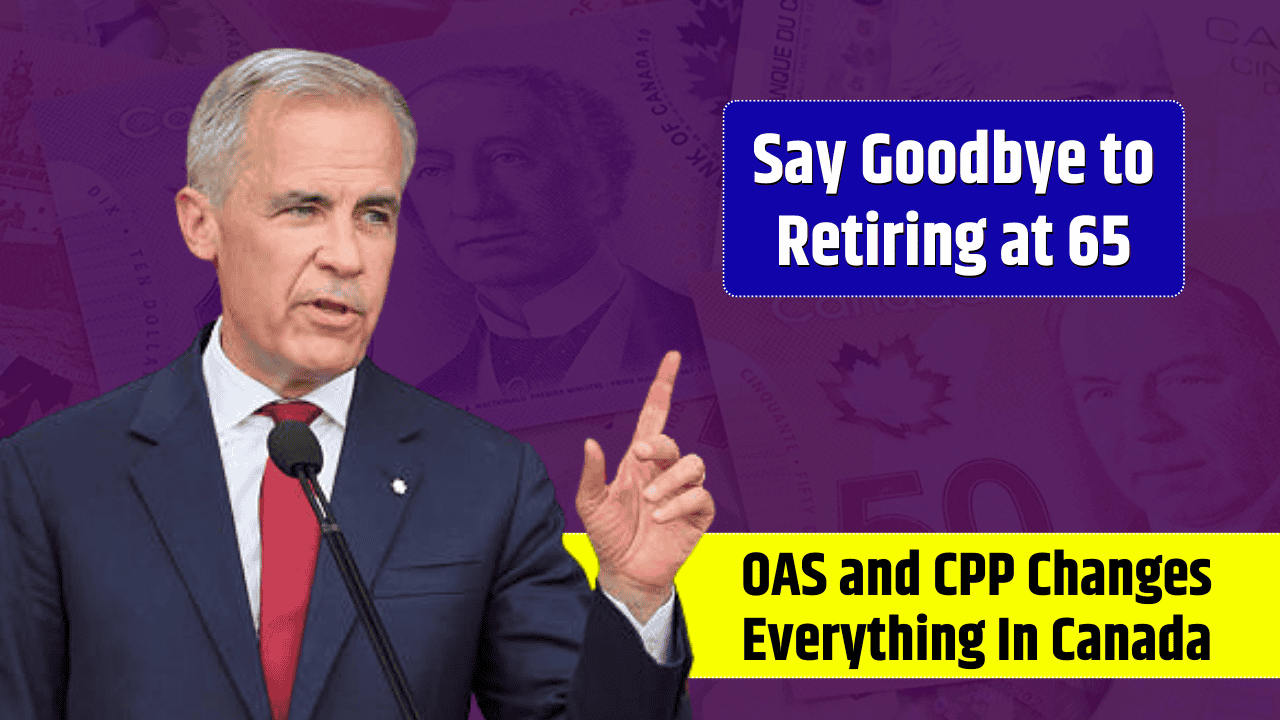Let’s be real: foreign policy has long been a boys’ club in expensive suits. Think Cold War chess games, oil deals over cigars, and press conferences where the phrase “collateral damage” gets tossed around like it’s just another bullet point.
But what if we flipped the table?
What if diplomacy stopped revolving around military strategy, and started revolving around human lives?
Enter: Feminist Foreign Policy (FFP)—the movement that’s quietly, stubbornly rewriting the rulebook on how countries show up in the world. Not as conquerors or saviors. But as collaborators, listeners, protectors.
And it might just be the biggest shake-up global peace has seen in decades.
Table of Contents
Okay, So What Is Feminist Foreign Policy?
Let’s clear this up: feminist foreign policy isn’t just about putting more women in government, although that’s part of it.
At its core, it’s about reimagining power. Moving away from dominance, extraction, and zero-sum games—and toward equity, accountability, and care-centered diplomacy.
Sounds idealistic? Maybe. But here’s what it actually looks like in practice:
- Prioritizing peacebuilding over arms deals
- Funding grassroots women’s organizations abroad
- Making sure aid doesn’t just reach governments—but actual communities
- Recognizing how war, poverty, and climate crisis hit women and marginalized groups hardest
- Challenging the assumption that security = military strength
It’s not about being “soft.” It’s about being smart.
Sweden Did It First. Kind Of.
Sweden was the first country to officially launch a feminist foreign policy back in 2014. At the time, everyone rolled their eyes. “Feminist? In foreign policy? LOL okay.”
But they weren’t joking.
They began filtering every diplomatic and development decision through three R’s: Rights, Representation, and Resources. Who has rights? Who’s at the table? Who’s getting funded?
And things started to shift. Funding increased for sexual and reproductive health services globally. Arms exports were scrutinized more closely. Ambassadors were trained to consider gender impact before signing off on major agreements.
Then other countries took notice.
The Domino Effect
After Sweden, countries like Canada, France, Mexico, and even Chile got on board. Some took it further than others. Some bailed halfway (Sweden itself backtracked in 2022 after a rightward political swing).
But the fire had already spread. Even places like the Netherlands and Spain began threading feminist principles into their international aid, trade, and defense strategies.
In Mexico, it was especially powerful—marking the first country in the Global South to adopt FFP. They brought an intersectional lens to the table, acknowledging how race, class, and migration intersect with gender-based violence.
Now, over a dozen countries are trying some version of this. And while implementation is still a work in progress, the conversation has changed.
What Could Actually Change the Game?
Alright, here’s where it gets interesting.
Feminist foreign policy could radically shift how peace is built—and who builds it. Let’s walk through a few tangible ways it could mess with the status quo:
1. More Women at Negotiation Tables
Not just as observers. As decision-makers. And not just elite women with Ivy League degrees—but local leaders, grassroots organizers, and peacebuilders who’ve been in the trenches.
Stat check: Peace agreements with women’s participation are 35% more likely to last over 15 years. Not theory. Fact.
2. Human Security > National Security
Instead of obsessing over border defense and missile systems, FFP asks: Are people safe? Are they fed? Do they have access to education and healthcare? Because bombs don’t build stability. People do.
3. Cutting the Cord on Arms Exports
A feminist lens questions why countries are selling weapons to regimes with poor human rights records. That $10 billion fighter jet deal? Yeah—it doesn’t look so shiny when you ask how many girls it’ll orphan.
4. Backing the Backbone: Local Women’s Groups
Women’s rights groups are often first responders in crises, whether it’s war or climate disaster. Yet they get scraps of global funding. FFP redirects money where it actually matters.
Sounds Great. But What’s the Catch?
Oh, there’s always a catch.
Governments love slapping “feminist” on a policy for the PR bump—but translating it into actual practice? That’s the grind.
There’s also a ton of resistance. From conservative leaders who think FFP is “woke nonsense,” to defense ministries that refuse to shrink their weapons budgets. Plus, many FFP initiatives still don’t account for colonial histories and Western power imbalances.
And here’s the spicy truth: if you’re still bombing people, you’re not running a feminist foreign policy. Period.
A Shift in Storytelling
Part of this is also cultural. The traditional story of foreign policy is about heroes and enemies, threats and deterrents.
But a feminist lens asks: What if our job isn’t to dominate the world—but to understand it?
That means changing who we see as experts. Who gets invited into the room. Whose pain counts. Whose survival is worth funding.
And yeah—it’s uncomfortable. But peace isn’t supposed to feel easy. It’s supposed to feel just.
The Big Picture: Why It Matters Now
Let’s not sugarcoat it—we’re living through overlapping crises. War in Ukraine. Escalating conflict in the Middle East. Climate breakdown. Rising authoritarianism. Millions of displaced people.
You think tanks and tanks alone are gonna fix this?
We need a new model. One where empathy is strategic. Where cooperation is strength. Where power doesn’t mean violence.
Feminist foreign policy isn’t a silver bullet. But it is a compass. One that points away from endless war—and toward a world where peace is actually possible. Not because we hope it is. But because we built it that way.
FAQs
Wait, is feminist foreign policy only for women’s issues?
Nope. It’s about applying gender-aware, equity-focused analysis to all areas—trade, migration, security, diplomacy. Everyone benefits.
Can men support feminist foreign policy?
Absolutely. It’s not about gender—it’s about values. Men, women, non-binary folks—everyone has a role in building a more just foreign policy.
Is this a Western concept being forced on other countries?
That’s a fair critique. Some countries have tried to export it without respecting local contexts. But feminist foreign policy, at its best, is deeply intersectional and anti-colonial.














